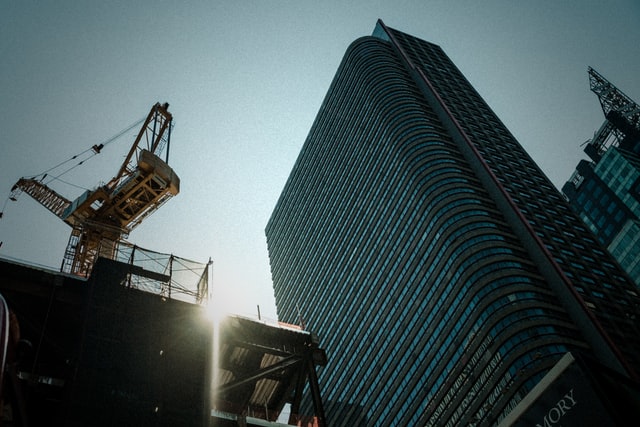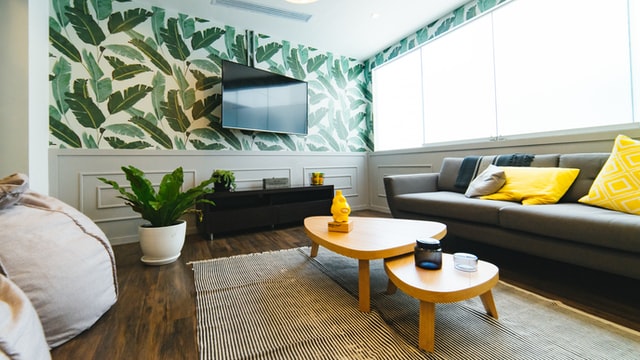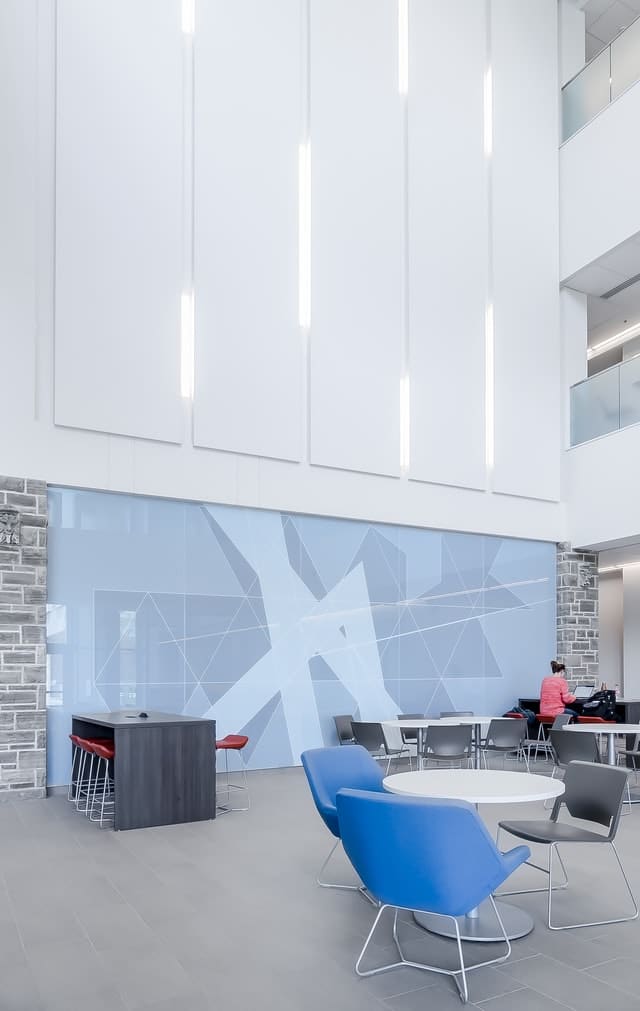Table of Contents
Real estate is not as simple as it looks. When one goes a little deeper, one finds that realty is a vast subject and requires accurate solutions for specific problems. And one problem common to all kinds of realty is unsold inventory. Astro strategist is quite a pro in solving such problems by combining business acumen and astrological knowledge
On the face of it, real estate is all about residential property. But dig a little deeper and one can find a whole load of variations in the real estate business. The sector is large and accommodates different types of real estate.
The industry grew to Rs 65,000 crore from Rs 12,000 crore in the year 2019. It is expected to reach a market size of $1 trillion by 2030 and is expected to contribute 13% of India’s GDP by 2025. Indian real estate increased by 19.5% CAGR from 2017 to 2028.
Mixed use real estate blends residential, commercial, cultural, institutional or entertainment spaces into one defined area. Mixed use developments are usually applied in development projects in a city or suburb or may apply to a single building, existing or new neighbourhood. Such areas could be developed by private developers, or government or a combination of both. Also, a mixed use building or area could be a new area or reused building.
The whole idea of mixed-use real estate is that it has multiple uses. For instance, an apartment block could have stores on the ground floor. This is a mix of both commercial and residential properties.
Let’s consider the various types of mixed use realty as per Wiki
1) Neighbourhood commercial realty: In this type, convenience goods and services, for example convenience stores are allowed in strictly residential areas.
2) Main street residential and commercial: Two to three story buildings with residential units above and commercial units on the ground floor facing the main street.
3) Urban residential/ commercial: Multi-story residential buildings with commercial and civic uses on ground floor.
4) Office convenience: Office buildings with small retail and service uses oriented for the office workers.
5) Office/ residential: Multi-family residential units within office buildings.
6) Shopping mall conversion: Residential or office units added to an existing standalone shopping mall.
7) Retail district retrofit: This is relatively rare in India. However, such areas are common abroad, where retrofitting is done of a suburban retail area to have a more village-like feel.
8) Live/ work: Residents can operate small businesses on the ground floor of the building they live in.
9) Studio/ light industrial: Residents can operate studios or small workshops in the building where they live.
10) Hotel/ residence: Mix hotel space and high-end multi-family residential.
11) Parking structure with ground floor retail.
12) Single family detached home district with standalone shopping centre.
Mixed-use realty is in high demand as residents of apartments or homes want to have the comforts of commercial spaces within walking distance or a couple of kilometres.
Let’s check out some of the benefits of mixed-use properties
a) Such development stimulates more variety in design and options for single and multi-family housing.
b) It encourages development within dense, more compact areas of land.
c) Is environment-friendly, as it reduces traffic and pollution by allowing residents to use their cars less.
d) It helps in creating vibrant ecosystems by creating pedestrian friendly environments given the short distances between living, work, commercial and recreational destinations.
e) It facilitates more affordable housing and provides greater housing variety and density. This also means affordable housing and life-cycle housing (from starter homes to larger homes to senior housing).
f) Reduces distances between housing, workplaces, retail businesses and other amenities and destinations.
g) Strange as it may seem, mixed-use property also facilitates access to fresh, healthy foods.
h) It facilitates compact development and land-use synergy. Residents provide customers for retailers and that provides amenities for residents.
i) Mixed-use property provides a great sense of neighbourhood character, a sense of place and community identity.
Unsold inventory, a real time problem for mixed-use realty
While there are numerous benefits of mixed-use property, there can be a downside due to various reasons
1) Unorganised development: If an area is not well-developed and does not stick to the original plan, then it leads to unsold inventory.
2) Unsold inventory leads to unsold inventory: In the sense that when properties remain unsold, they do not attract healthy, potential buyers flush with money. This can ruin the concept of mixed-use property.
3) Government policies: Government laws and policies have to be proactive and help in promoting the development of such spaces.
4) Government-private tussle: When developing mixed-use properties, the government and private developers must work in tandem, else projects can get jeopardised and lead to unsold inventory as no one wants to touch properties that have litigations or require elaborate paperwork.
5) Residents’ backlash at such developments: Those wanting to live in strictly residential areas may not prefer development of commercial properties, as it leads to lots of activity in a quiet neighbourhood.
6) Vaastu and feng shui problems: All real estate faces this crucial test. If a place or property is black-listed for having such problems, then it results in unsold inventory.
Astro startegits Hirav Shah has the right solution for mixed-use realty
Mixed use property is seen mostly in urban areas and is now spreading to tier-2 and tier-3 cities. While such developments are taken up from time to time, some projects flourish and some projects do not take off as expected.
The load of unsold inventory piles up in both residential realty and industrial realty, where mixed-use properties are developed. While there are a lot of advantages, there is also a downside if the government policies change and conditions are not feasible for mixed-use properties. This is more common in industrial mixed-use properties.
Astro strategist Hirav Shah is quite resourceful when it comes to solving issues concerning mixed-use properties. He is an ace in dealing with all kinds of reality issues and has many practical solutions for the industry. In fact, unsold inventory in realty is one of his specializations and he takes the subject rather seriously.
And having worked with a lot of corporates at different levels, he has the exact know-how of how to deal with issues in the realty sector. And that is not where his services stop. He is also a seasoned astrologer, who knows the in and out of a client based on their birth chart. With all this expertise, he suggests the timeline for investments and divestments, to help his customers to take knowledgeable decisions at the right time. As Hirav Shah says, timing is everything and one wrong step can spoil the game. So, he dissects the problem to the core and provides highly customised solutions.
Astro strategist Hirav Shah does not waste his client’s time by speaking reams about astrology. Instead, he has a multi-pronged theory, wherein he combines his business prowess along with astrological expertise to chalk out a clear road map for investors in mixed-use realty.









































